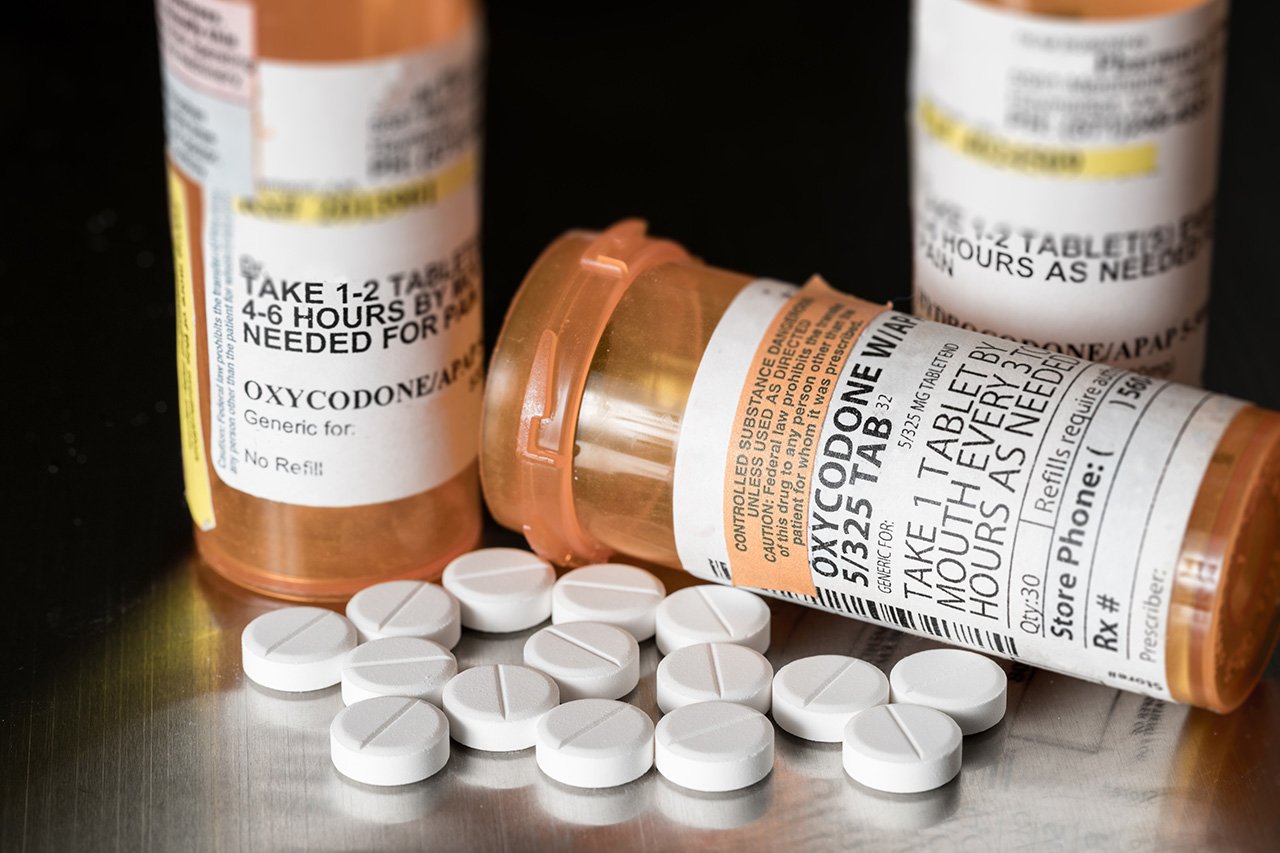When looking for a powerful and effective pain reliever, many turn to opiates. But what is the strongest opiate? In this article, we’ll explore the different types of opiates and their relative strengths, so you can make an informed decision when it comes to managing your pain. We’ll also take a look at the potential side effects of opiates and how to safely use them. By the end, you’ll understand what makes an opiate powerful, and you’ll know which one is the strongest.

Contents
What is the Strongest Opiate?
Introduction to Opiates
Opioids, also known as opiates, are a type of drug that is derived from the opium poppy plant. These drugs are used to treat pain, but they can also be highly addictive and can lead to abuse. Opioids are a powerful class of drugs that can cause a range of effects, including euphoria, sedation, and respiratory depression. They work by binding to opioid receptors in the brain and activating them, resulting in the body’s release of endorphins. Opioids can be taken orally, injected, or inhaled.
Types of Opioids
There are three main types of opioids: natural opioids, semi-synthetic opioids, and synthetic opioids. Natural opioids are opium, codeine, and morphine, which are derived from the opium poppy plant. Semi-synthetic opioids are derivatives of natural opioids, such as oxycodone, hydrocodone, and hydromorphone. Synthetic opioids are drugs that are completely man-made, such as fentanyl and methadone. All of these drugs are powerful painkillers and can be highly addictive.
Potency of Opioids
The potency of an opioid, or its ability to cause a certain effect, is measured in terms of its strength. Opioids are classified as strong, moderate, or weak, depending on their ability to cause certain effects. The strength of opioids is determined by their affinity for opioid receptors and their ability to activate them.
Strongest Opiate
The strongest opiate is fentanyl, a synthetic opioid. Fentanyl is much stronger than other opioids, including natural and semi-synthetic opioids. It is approximately 50-100 times more potent than morphine and 30-50 times more potent than heroin. Fentanyl is so powerful that it is only available in a medical setting, as it can cause a fatal overdose if used incorrectly.
Risks Associated with Fentanyl
Fentanyl is a powerful drug and is highly addictive. It can cause a range of side effects, including respiratory depression, sedation, and constipation. It can also lead to tolerance, meaning that users will need to take more of the drug to achieve the same effects. Fentanyl is also extremely dangerous when mixed with other drugs, including alcohol and other opioids.
Alternatives to Fentanyl
Fentanyl is not the only powerful opioid available. Other drugs, such as oxycodone, hydrocodone, and hydromorphone, are also strong opioids. These drugs are not as potent as fentanyl, but they can still be highly addictive and dangerous if used improperly.
Conclusion
The strongest opiate is fentanyl, a synthetic opioid that is approximately 50-100 times more potent than morphine and 30-50 times more potent than heroin. Fentanyl is highly addictive and can cause a range of side effects, including respiratory depression, sedation, and constipation. Alternatives to fentanyl include other powerful opioids, such as oxycodone, hydrocodone, and hydromorphone. However, these drugs are not as potent as fentanyl and can still be dangerous if used improperly.
Top 6 Frequently Asked Questions
What is the Strongest Opiate?
Answer: The strongest opiate is Fentanyl, a synthetic opioid that is up to 100 times more potent than morphine. Fentanyl is used to treat severe and chronic pain and is often prescribed in patch, lozenge, or injection form. In addition to its medical uses, illicit fentanyl is widely used in recreational situations and has been linked to numerous overdose deaths.
How is Fentanyl Used?
Answer: Fentanyl is used in medical settings to treat pain due to cancer and other conditions. It is usually prescribed in patch, lozenge, or injection form. Fentanyl patches are placed on the skin and slowly release the drug over a period of time, while lozenges are dissolved in the mouth. Injectable forms of fentanyl are usually administered in hospitals and other medical settings.
What are the Side Effects of Fentanyl?
Answer: Fentanyl can cause a number of side effects, including nausea, vomiting, constipation, dry mouth, dizziness, drowsiness, headache, and confusion. It can also cause respiratory depression, which can be fatal if not treated immediately. Other serious side effects can include seizures, coma, and death.
What are the Risks of Fentanyl Abuse?
Answer: Fentanyl has a high potential for abuse and addiction. People who abuse fentanyl are at risk for overdose due to its potency. Fentanyl is also associated with numerous overdose deaths due to its ability to cause respiratory depression. People who abuse fentanyl are also at risk for other health complications, such as liver and kidney damage, and increased risk of infectious diseases.
What are the Signs of Fentanyl Overdose?
Answer: Signs of a fentanyl overdose include respiratory depression, drowsiness, confusion, shallow breathing, loss of consciousness, clammy skin, and slowed heart rate. If you suspect a fentanyl overdose, it is important to seek medical attention immediately.
How is Fentanyl Addiction Treated?
Answer: Treatment for fentanyl addiction typically begins with detoxification, which involves tapering off the drug over a period of time. Detoxification is typically followed by counseling and behavioral therapies to help the individual address the underlying causes of their addiction. Medication-assisted treatment may also be used to help reduce cravings and withdrawal symptoms.
Potentially deadly drug 20 times more potent than fentanyl found in Pasco County
The strongest opiate is an incredibly powerful and potentially dangerous drug. It has the ability to provide relief from pain and suffering, but it can also cause serious side effects and addiction. It is important to understand the risks of using the strongest opiate, and to seek medical advice if needed. With the proper knowledge, professional guidance, and caution, it is possible to safely use the strongest opiate for medical purposes.

